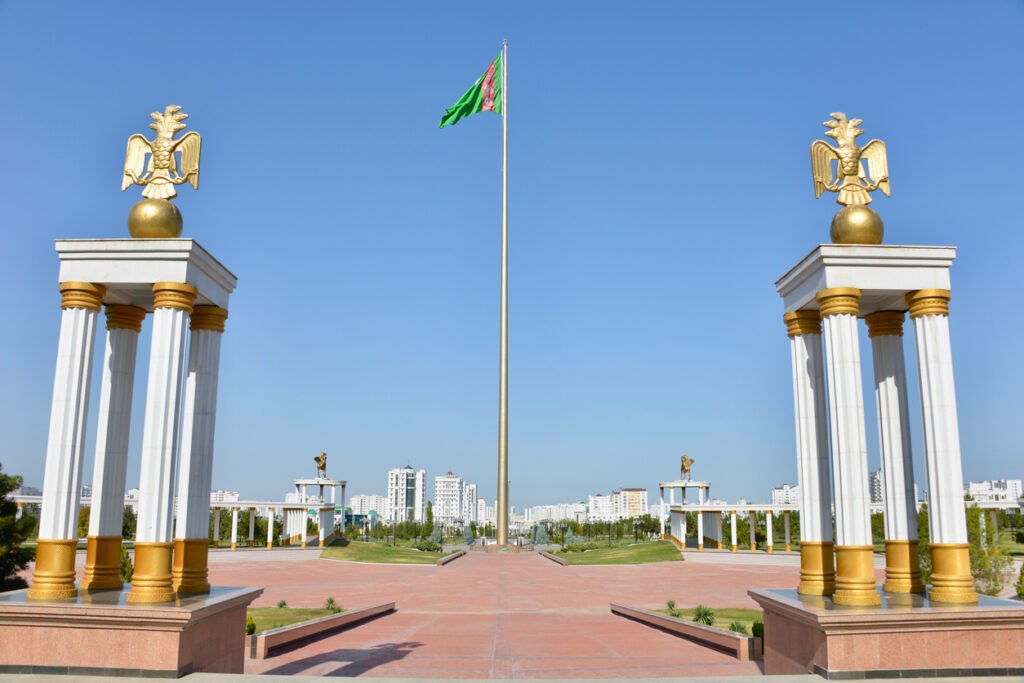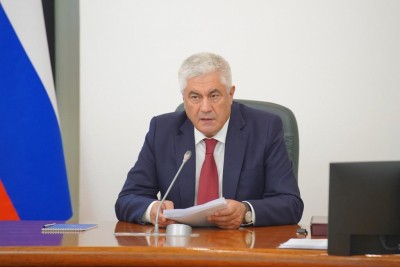Turkmenistan Tightens Border Rules to Limit Trips to Uzbekistan
Turkmenistan is imposing stricter regulations on cross-border tourism with Uzbekistan, reportedly to conceal its struggles to provide basic goods and services to its citizens, according to Eurasianet. In 2024, an increasing number of Turkmen citizens have been traveling to Uzbekistan to purchase food and essential items that are scarce in their own country, a reflection of Turkmenistan’s ongoing economic crisis. Over the past month, customs officials have introduced new rules aimed at curbing these cross-border trips, according to Radio Free Europe/Radio Liberty (RFE/RL). Travelers are now required to present a variety of documents, including marriage certificates and proof of residency, to cross the border. Residents of the Dashoguz Region have reported that dozens of people were denied exit for failing to provide all the necessary paperwork. RFE/RL suggests that the government views these trips as a source of embarrassment, highlighting the reliance of its citizens on Uzbekistan for basic necessities. To counter this perception, Turkmen authorities are tightening border controls. However, the report also notes that corruption persists; intermediaries can reportedly facilitate crossings for a $50 bribe. “Customs officers accuse these citizens of shaming the country by engaging in trade, and under this pretext, they stop them at customs,” RFE/RL quoted one individual as saying. Turkmenistan’s efforts to stem cross-border movement reflect its struggle to address domestic shortages while grappling with the broader implications of its economic challenges.
2 months ago






